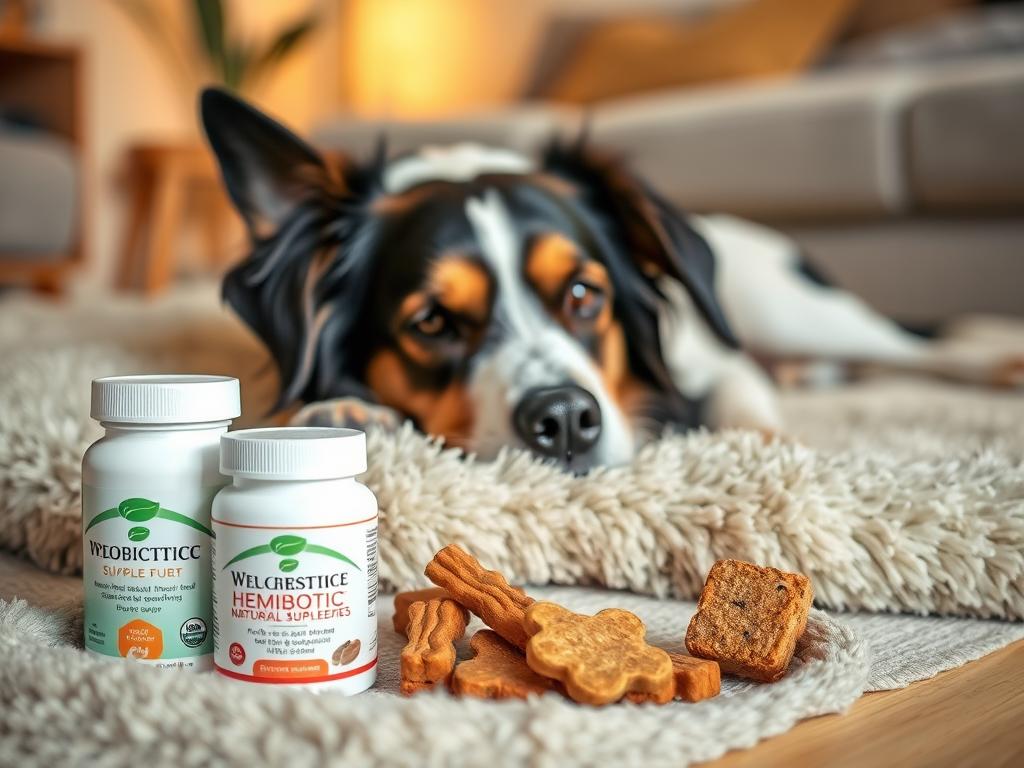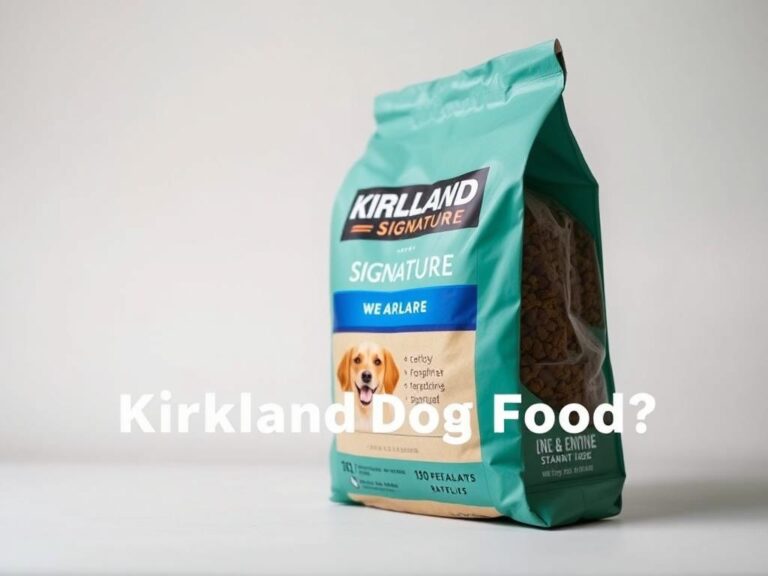How to Treat Dog Constipation at Home
Constipation in dogs can be a distressing condition, causing discomfort and pain for our furry friends. It’s essential for pet owners to recognize the signs and understand the importance of providing relief.
Dog constipation relief is crucial for maintaining the overall health and well-being of our pets. By understanding the causes and implementing effective remedies, owners can help alleviate their dog’s suffering.
Fortunately, there are several ways to address canine constipation, ranging from dietary adjustments to natural remedies. In this article, we’ll explore the various methods for treating dog constipation and promoting a healthy digestive system.
Understanding Dog Constipation: Signs and Causes
Recognizing the signs of constipation in dogs is crucial for providing appropriate canine constipation treatment and relief. Constipation in dogs can manifest through various symptoms, and understanding these signs is the first step towards effective care.
Common Signs Your Dog Is Constipated
Constipation in dogs can be identified through several common signs. These include:
- Difficulty defecating or straining during bowel movements
- Passing hard, dry stools
- Lack of bowel movements for an extended period
- Abdominal pain or discomfort
- Loss of appetite
If your dog exhibits any of these symptoms, it’s essential to consider the potential causes to provide the right treating constipation in dogs approach.
Underlying Causes of Canine Constipation
The causes of constipation in dogs can vary widely. Some common underlying factors include:
- Dietary issues, such as a low-fiber diet or eating something indigestible
- Dehydration, which can lead to hard, dry stools
- Medical conditions, such as hypothyroidism or spinal cord injuries
- Obstruction or blockage in the digestive tract
For more information on how dietary changes can help, including the use of probiotics, you can visit probiotic reviews to understand how they can aid in digestive health.
Risk Factors to Consider
Certain factors can increase the risk of constipation in dogs. These include:
- Age: Older dogs are more prone to constipation
- Breed: Some breeds are more susceptible to constipation due to their anatomy or genetic predispositions
- Lifestyle: Sedentary dogs or those with limited exercise are at higher risk
By understanding these risk factors and signs, pet owners can take proactive steps towards treating constipation in dogs and improving their overall health.
How to Treat Dog Constipation at Home: Natural Remedies
Dog owners can alleviate their pet’s constipation using several home remedies that are both effective and safe. These natural remedies focus on making lifestyle changes and using non-invasive techniques to help your dog feel better.
Increasing Water Intake
One of the simplest ways to help your dog overcome constipation is by ensuring they drink enough water. Adequate hydration helps soften stool and makes it easier to pass.
Creative Ways to Encourage Drinking
Encouraging your dog to drink more water can be achieved through a few creative methods:
- Using a water fountain to make drinking more appealing
- Adding a small amount of low-sodium chicken broth to their water
- Placing multiple water sources around the house
Tip: Make sure the water is fresh and easily accessible to your dog.
Exercise and Physical Activity
Regular exercise is crucial for maintaining healthy bowel movements. Activities such as walking, running, or even simple playtime can stimulate bowel movements.
Quote:
“Exercise is a natural stimulant for bowel movements, helping to prevent constipation in dogs.”
Gentle Abdominal Massage Techniques
Gently massaging your dog’s abdomen can help stimulate their bowel movements. This should be done carefully and gently to avoid causing discomfort.
A simple technique involves gently pressing and releasing the abdomen in a circular motion. This can be a calming experience for your dog as well.
Warm Baths and Compresses
A warm bath or applying a warm compress to the abdomen can help relax the muscles and stimulate bowel movements. The warmth can help soothe the digestive tract.
Natural Oils and Lubricants
Certain natural oils and lubricants can help ease constipation by lubricating the stool and making it easier to pass. Examples include:
| Product | Description | Benefits |
|---|---|---|
| Coconut Oil | A natural oil that can be added to food | Lubricates the digestive tract |
| Olive Oil | A healthy oil that can be used as a lubricant | Eases the passage of stool |
| Psyllium Husk | A fiber supplement that can help soften stool | Promotes regular bowel movements |
It’s essential to consult with a veterinarian before adding any new supplements or oils to your dog’s diet.
Dietary Changes to Relieve Constipation
Relieving constipation in dogs often starts with changes to their diet. A well-balanced diet can help prevent and treat canine constipation, improving your dog’s overall health and comfort.
Fiber-Rich Foods for Dogs
Fiber plays a crucial role in maintaining healthy digestion. For dogs suffering from constipation, increasing fiber intake can help soften and bulk up stool, making it easier to pass.
Fiber Benefits: Fiber not only aids in relieving constipation but also supports healthy blood sugar levels and can help with weight management.
Commercial High-Fiber Dog Foods
Several dog food brands offer high-fiber formulas designed to support digestive health. When selecting a high-fiber dog food, look for products with psyllium or beet pulp as these are effective sources of dietary fiber.
- Psyllium: Known for its ability to soften stool and promote regular bowel movements.
- Beet Pulp: A fermentable fiber source that can help support the growth of beneficial gut bacteria.
| Brand | Fiber Source | Fiber Content (%) |
|---|---|---|
| Brand A | Psyllium | 5% |
| Brand B | Beet Pulp | 7% |
| Brand C | Mixed Fiber | 10% |
Pumpkin and Other Natural Laxatives
Pumpkin is a natural laxative that can help relieve dog constipation. It’s rich in fiber and water content, making it an effective remedy.
For more information on treating dog constipation at home, you can visit this resource.
Probiotics and Digestive Supplements
Probiotics can aid in maintaining a healthy gut microbiome, which is crucial for regular bowel movements. Consider adding probiotic supplements or probiotic-rich foods to your dog’s diet.
For reviews on probiotic products, check out Pawbiotix reviews.
Foods to Avoid During Constipation
Some foods can exacerbate constipation. It’s advisable to limit or avoid giving your dog foods that are low in fiber, high in fat, or contain ingredients that can cause digestive upset.
- Low-fiber foods
- High-fat foods
- Foods with potential allergens or irritants
When to Seek Veterinary Care
Constipation in dogs can sometimes signal a more serious underlying issue that requires professional veterinary attention. While home remedies can offer relief, it’s crucial to recognize when your dog needs more than just a change in diet or a gentle massage.
Warning Signs of Serious Complications
Certain symptoms indicate that your dog’s constipation is more than just a minor issue. These include:
- Vomiting or lethargy
- Blood in the stool or black tarry stools
- Loss of appetite
- Severe abdominal pain
- Constipation lasting more than 3-4 days despite home treatment
If you observe any of these signs, it’s essential to seek veterinary care promptly.
Over-the-Counter Medications: Risks and Benefits
When it comes to treating constipation in dogs, some owners consider over-the-counter (OTC) medications. However, it’s vital to understand the risks and benefits before administering any medication.
| Medication Type | Risks | Benefits |
|---|---|---|
| Laxatives | Potential for dehydration, electrolyte imbalance | Can stimulate bowel movements |
| Stool Softeners | May cause gastrointestinal upset | Can make stools easier to pass |
Always consult with a veterinarian before giving your dog any OTC medication to ensure safe and effective treatment.
Preventing Future Episodes of Constipation
Preventing constipation involves a combination of dietary changes, regular exercise, and monitoring your dog’s health. Home remedies for dog constipation can be part of the preventive strategy, including:
- Increasing water intake
- Adding fiber-rich foods to their diet
- Encouraging regular physical activity
By understanding the causes of constipation and taking proactive steps, you can help your dog maintain a healthy digestive system.
Conclusion
Understanding dog constipation is crucial for providing the right care for your pet. By recognizing the signs and underlying causes, you can take effective steps to treat constipation at home. Natural remedies such as increasing water intake, gentle abdominal massage, and dietary changes can significantly relieve your dog’s discomfort.
Implementing these simple yet effective methods can help manage dog constipation. Incorporating fiber-rich foods, natural laxatives like pumpkin, and probiotics into your dog’s diet can promote digestive health. Regular exercise and a balanced lifestyle also play a vital role in preventing constipation.
By applying the knowledge gained from this article, you can confidently help your dog overcome constipation. For persistent or severe cases, it’s essential to consult with a veterinarian to rule out any underlying serious conditions. With the right approach, you can help your dog enjoy a healthier, happier life.






